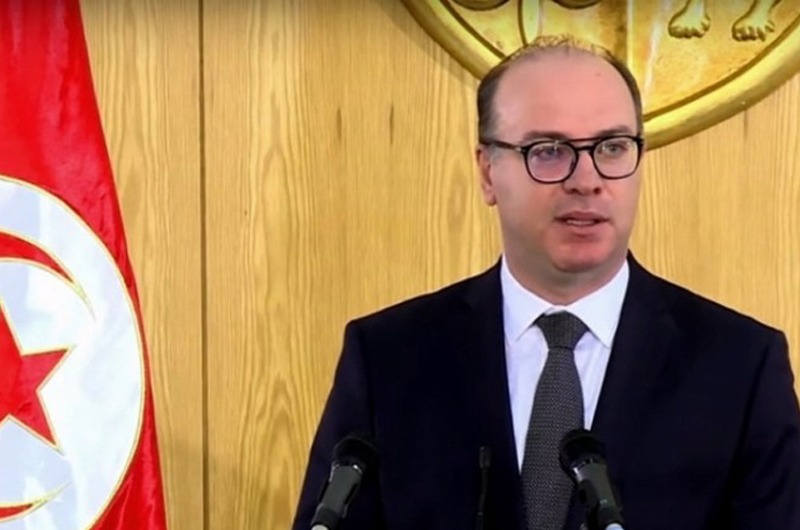Prime Minister Elyes Fakhfakh abruptly stepped down from his office on the 15th of July by handing over his resignation to the Tunisian President. This news comes in amidst the recently fermenting political tension between the government in power and the Ennahda party.
The party withdrew its support from the government on the same day as the news of Fakhfakh’s resignation broke out. Resignation of the Prime Minister was a direct outcome of the no-confidence motion initiated by the Ennahda in the parliament, following an independent parlimetarian’s report that accused the P.M. of owning shares in affluent companies, last month.
In January this year, Elyes Fakhfakh was appointed as the Prime Minister after the last Parliamentary elections held in October lead to a splintered government with no party succeeding to prove a clear majority. Moderate Islamist Ennahda, the biggest party in opposition stepped forward to join Fakhfakh’s government but the two have since remained in a constant tug-off.
The Tunisian president asked the P.M. to resign “in order to pave the way to get out of the crisis and avert further difficulties for the country.” The president now has ten days to submit a new nomination for the vacant office, who in turn will have a month’s time to form the new government.
Tunisia’s struggle towards a democratic framework in the form of the Arab Spring regional uprising, has been lauded by the West. Its transition into a democracy in 2011 had been praised for its success, but the new set-up failed to translate people’s aspirations into fruitful realisations as the economic status of the country deteriorated and public welfare remained neglected in the face of power tussle amongst the political parties.
The already struggling economy of the country is hit adversely by the pandemic and the current political situation has only worsened the situation. As per the forecasts, Tunisia expects a deficit of 7% of gross domestic product and its economy would shrink by 6.5% this year.
The long delayed economic reforms that were necessary for the economy to bounce back to a certain semblance of stability are now in dark as there is no consensus among the various parties over the new nominee for the office of the Prime Minister.









